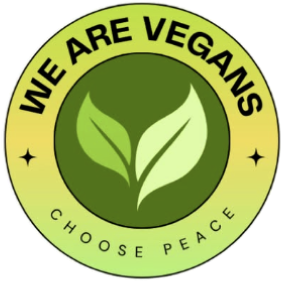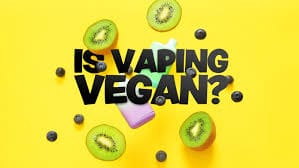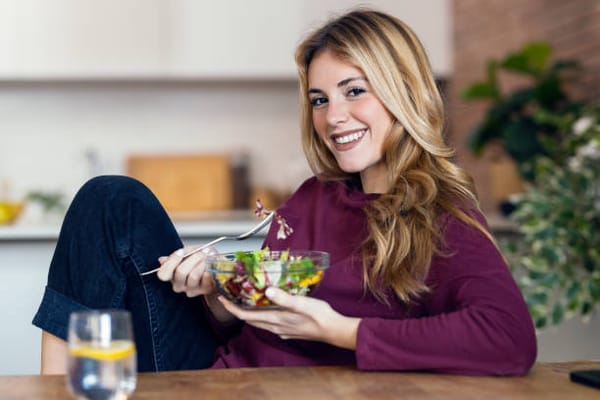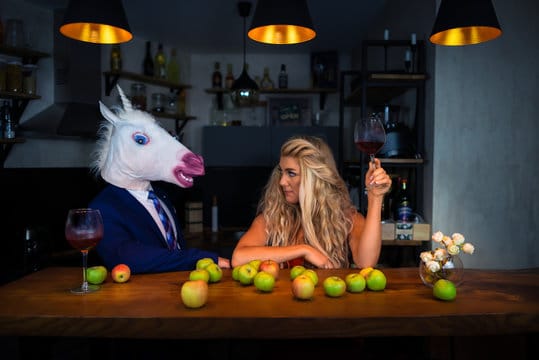The Dark Side of Vegan Culture No One Talks About

Let me start by saying this: I love being vegan.
Going plant-based changed my life in ways I never imagined — for my health, the animals, and the planet. But after being in the vegan space for a few years, I’ve realized something not enough people talk about:
Vegan culture isn’t always kind.
And that’s hard to admit. Because when you join a movement based on compassion, you don’t expect to feel… judged, shamed, or never “vegan enough.”
This post isn’t about tearing veganism down. It’s about creating space for real conversations, acknowledging blind spots, and making the lifestyle more welcoming — for everyone.
1. The “Perfect Vegan” Pressure

Once you go vegan, you’re often hit with an unspoken rule:
Do it perfectly, or don’t do it at all.
There’s this pressure to:
- Never slip up
- Avoid ALL animal products (even hidden ones)
- Be zero-waste and organic
- Always be calm, informed, and polite in debates
- Look radiant, fit, and glowing 24/7
Spoiler alert: That’s impossible. We’re human.
Yes, our choices matter. But holding ourselves and others to impossible standards doesn’t help the movement — it creates fear, burnout, and silence.
👉 Helpful Reminder: You don’t need to be perfect to be impactful. Progress is more powerful than purity.
2. Food Shame Within the Community
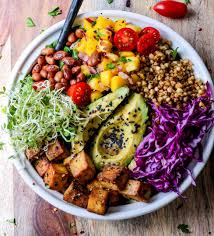
Let’s talk food elitism.
Not everyone has access to superfoods, fancy meat substitutes, or $10 pints of oat milk ice cream. And yet, vegan spaces often celebrate meals that are aspirational, not accessible.
If your vegan plate doesn’t look like a rainbow, are you still “doing it right”?
Absolutely. Whether it’s a grain bowl or a peanut butter sandwich, if it’s plant-based, it counts.
And let’s be honest — food isn’t the only thing some vegans judge.
3. The Unspoken Class & Culture Bias
Mainstream vegan messaging often comes from a privileged lens:
Urban, white, middle/upper class, English-speaking, able-bodied.
But veganism has existed in many cultures — from Rastafarian Ital food to Indian sattvic eating — long before it became trendy. Still, those voices often get drowned out in wellness spaces.
Many marginalized people already eat plant-based diets due to cultural or financial reasons, but aren't given the same spotlight.
👉 Helpful Reminder: Uplift diverse vegan voices. Support initiatives that bring affordable plant-based options to underserved communities.
4. Vegan Bullying & Cancel Culture
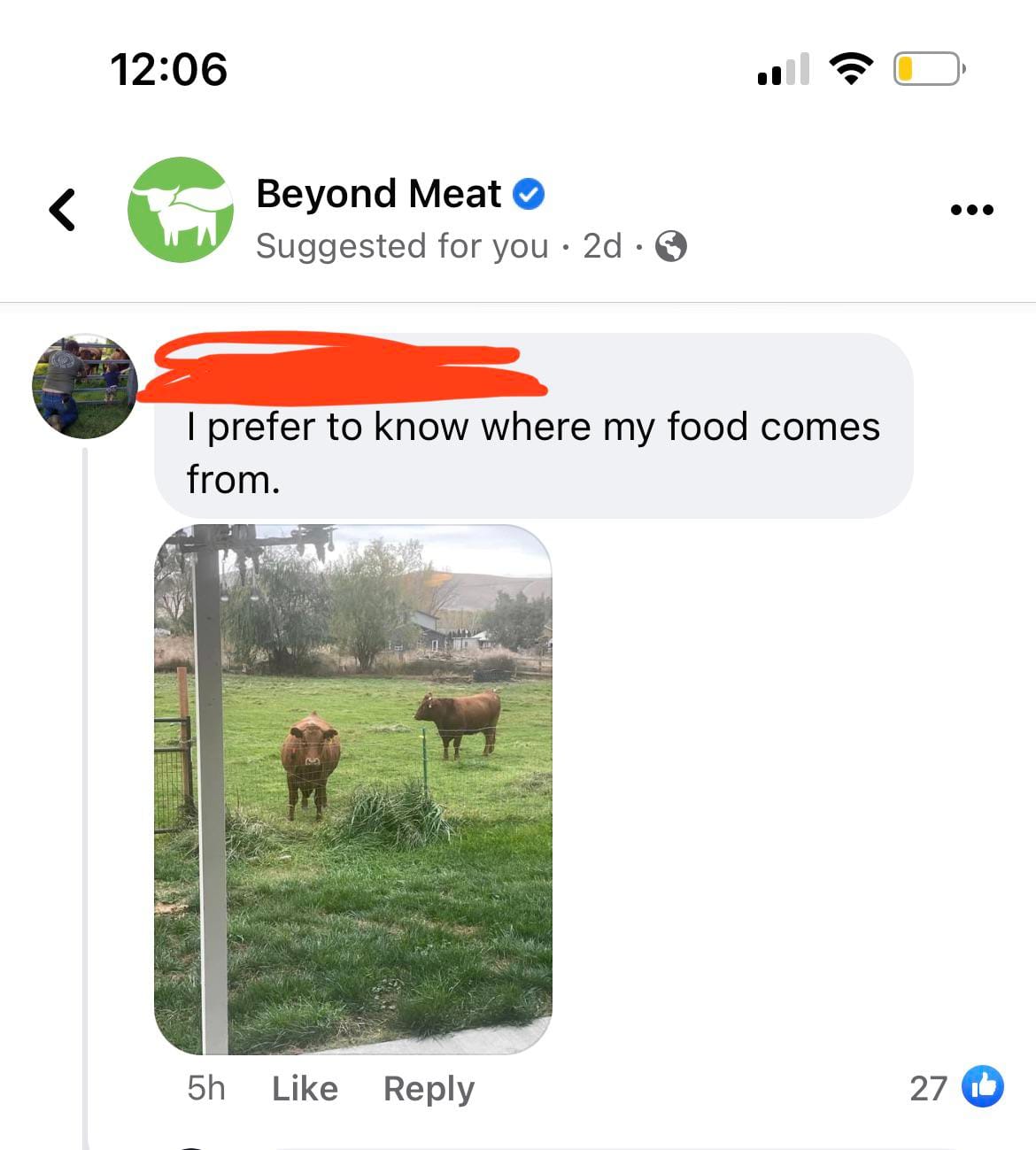
Unfortunately, some corners of vegan culture are fueled by shame and hostility — especially online.
- A YouTuber slips and eats dairy? Canceled.
- A newbie asks a question about honey? Attacked.
- Someone shares a plant-based transition journey? Called a fake vegan.
This doesn’t create change. It creates fear, silence, and guilt.
Let’s be real: bullying people doesn’t save animals. Compassion does.
👉 Helpful Tip: Lead with curiosity, not criticism. Ask questions. Share information gently. Remember how overwhelming it felt when you first started.
5. Body Image & Health Expectations

There’s this quiet myth that going vegan will make you lean, glowing, energized, and clear-skinned.
Sometimes, yes. But not always. Every body responds differently.
Some people gain weight. Some don’t “glow.” Some still have health issues.
Unfortunately, wellness culture and veganism often blend in toxic ways — promoting diet culture in disguise.
Your worth is not tied to your waistline. You’re still a “good vegan” if you’re not a green juice goddess.
👉 Helpful Reminder: Nourish your body, not an image. Veganism is about compassion — include yourself in that compassion.
6. Ignoring Intersectionality
Sometimes vegan spaces focus solely on animals — and ignore other forms of oppression.
But justice is intersectional. That means:
- You can care about animals and human rights.
- You can talk about factory farms and farmworker conditions.
- You can support environmental protection and Indigenous land rights.
If we’re going to stand for the vulnerable, we have to include all beings.
👉 Helpful Tip: Expand your activism. Read, listen, and support organizations doing holistic justice work — not just animal-focused ones.
So... Why Stay Vegan?
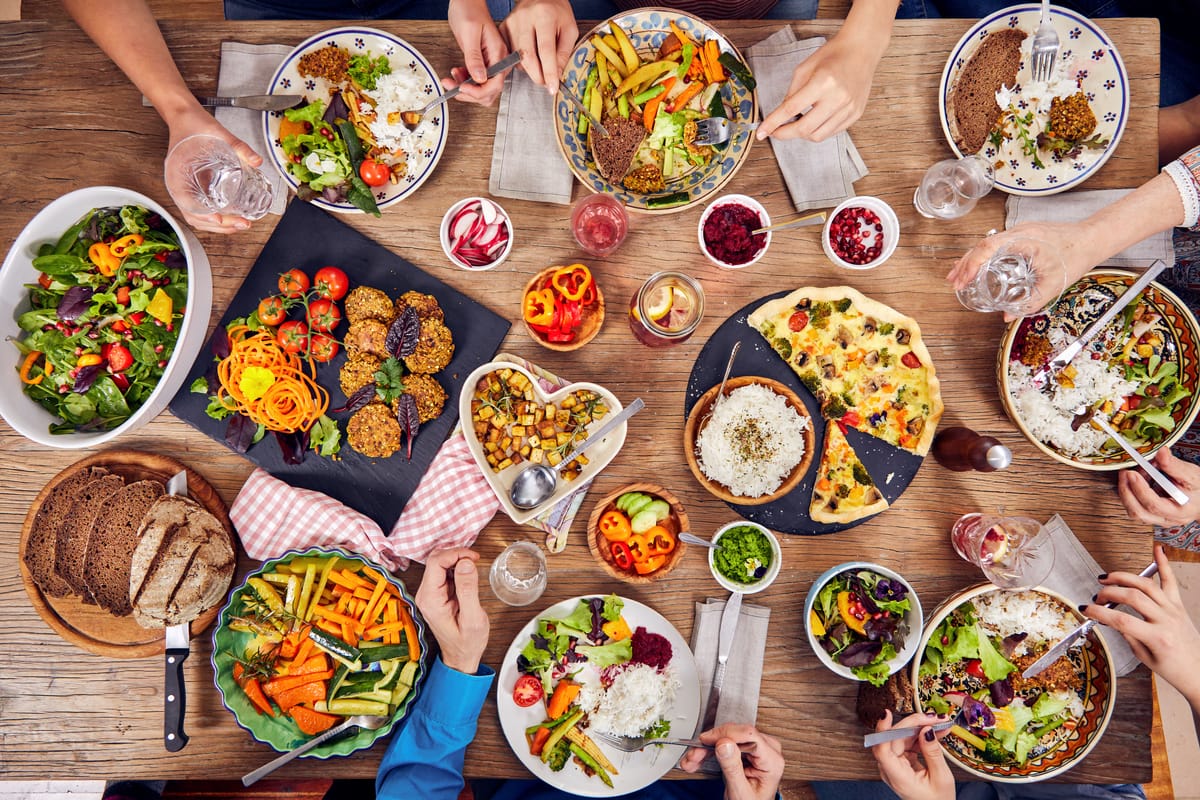
With all this darkness, you might wonder — is it worth it?
Yes. A thousand times yes.
Because at its core, veganism is beautiful. It’s about reducing harm. Living with intention. Making choices that align with empathy.
But the culture around it? That’s something we can improve. And that starts with honesty.
How to Be a Kinder Vegan (and Stay Sane)
Here’s what I try to remember:
- Stay curious, not judgmental
- Offer education, not shame
- Welcome progress, not perfection
- Uplift marginalized voices
- Practice compassion — including for yourself
And when I forget? I start again. That’s the beauty of this journey. It’s always evolving.
Final Thoughts: Let’s Talk About It
If we want veganism to grow, it has to feel welcoming — not weaponized.
So let’s talk about the hard stuff. Let’s challenge the culture, not the mission. Let’s build a version of veganism that’s more inclusive, forgiving, and human.
Because the animals aren’t asking us to be perfect.
They’re just asking us to try.
